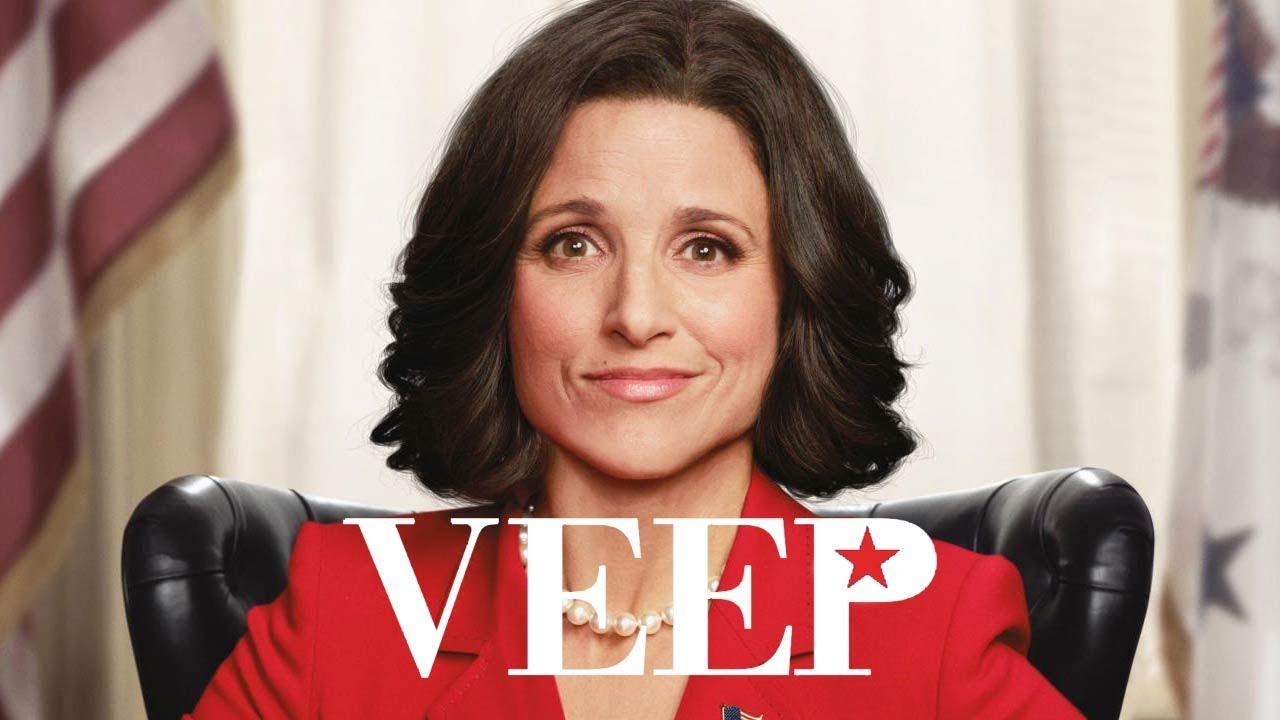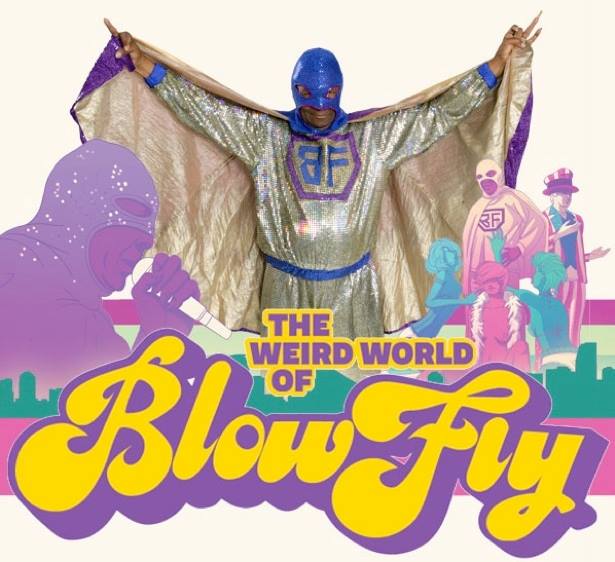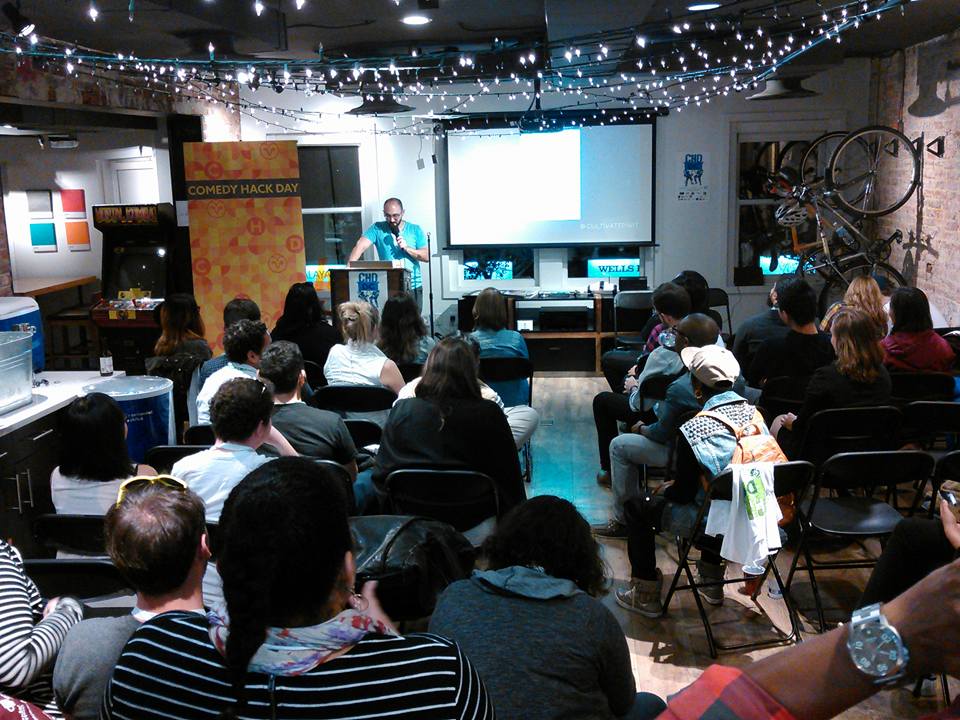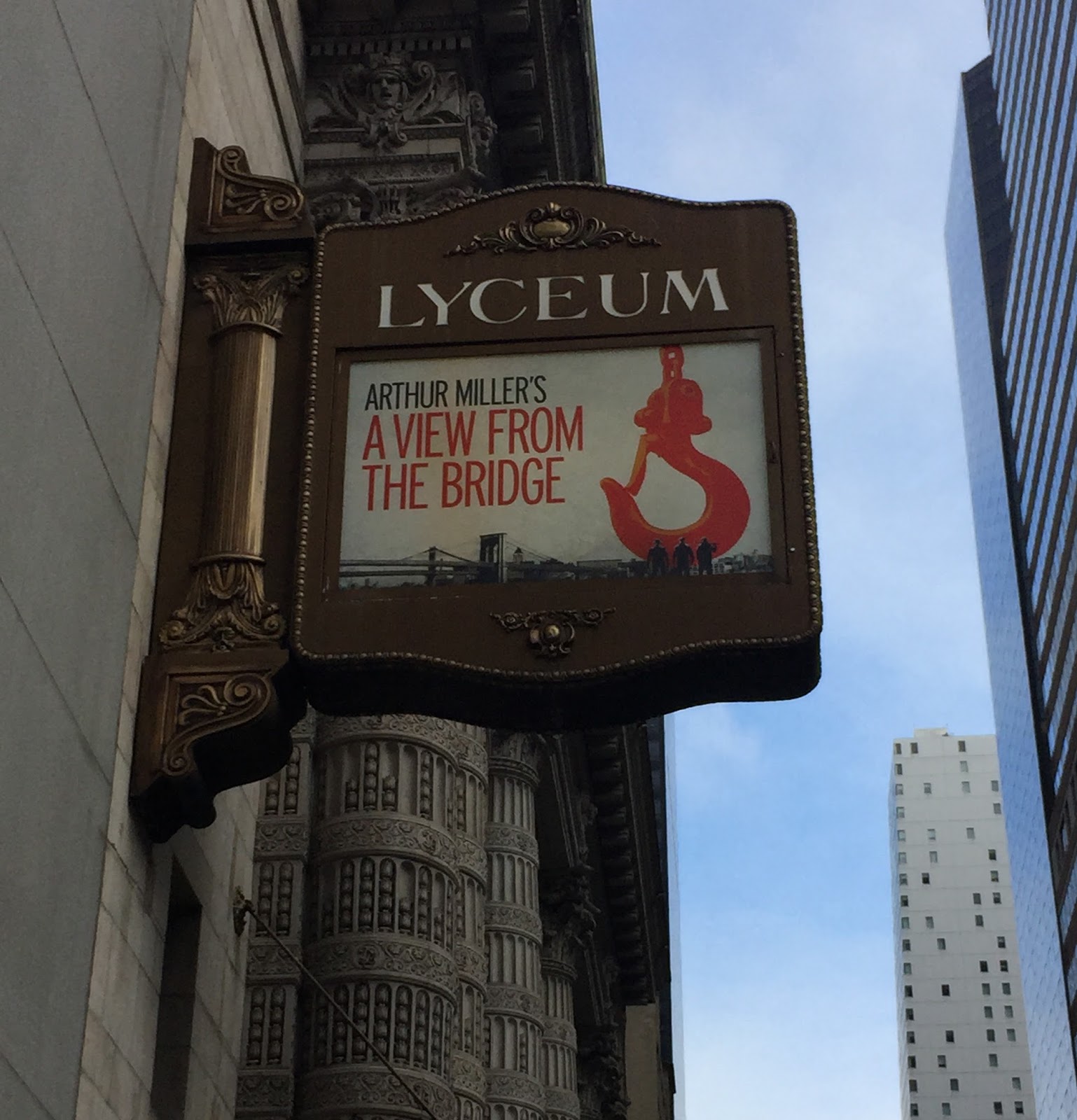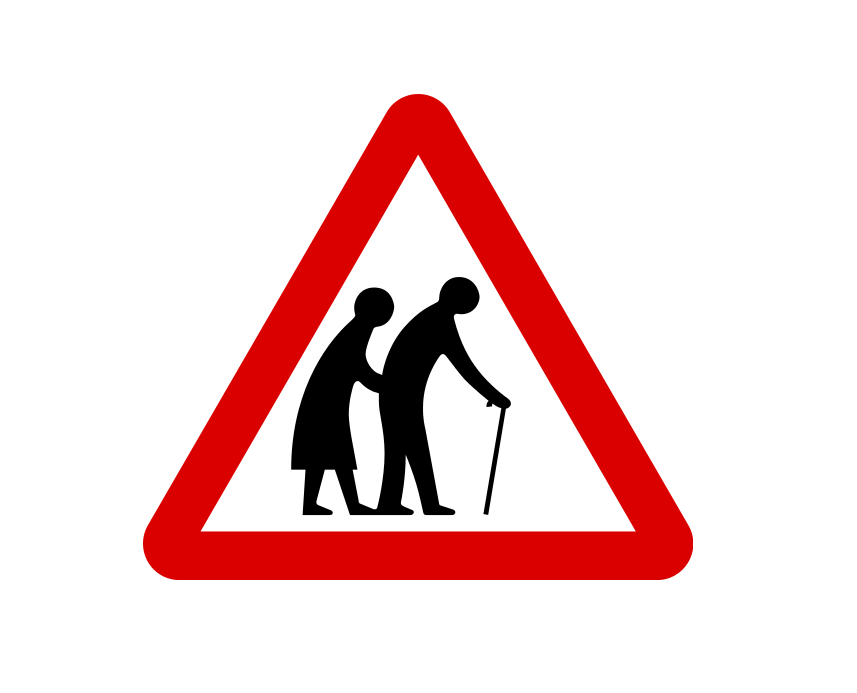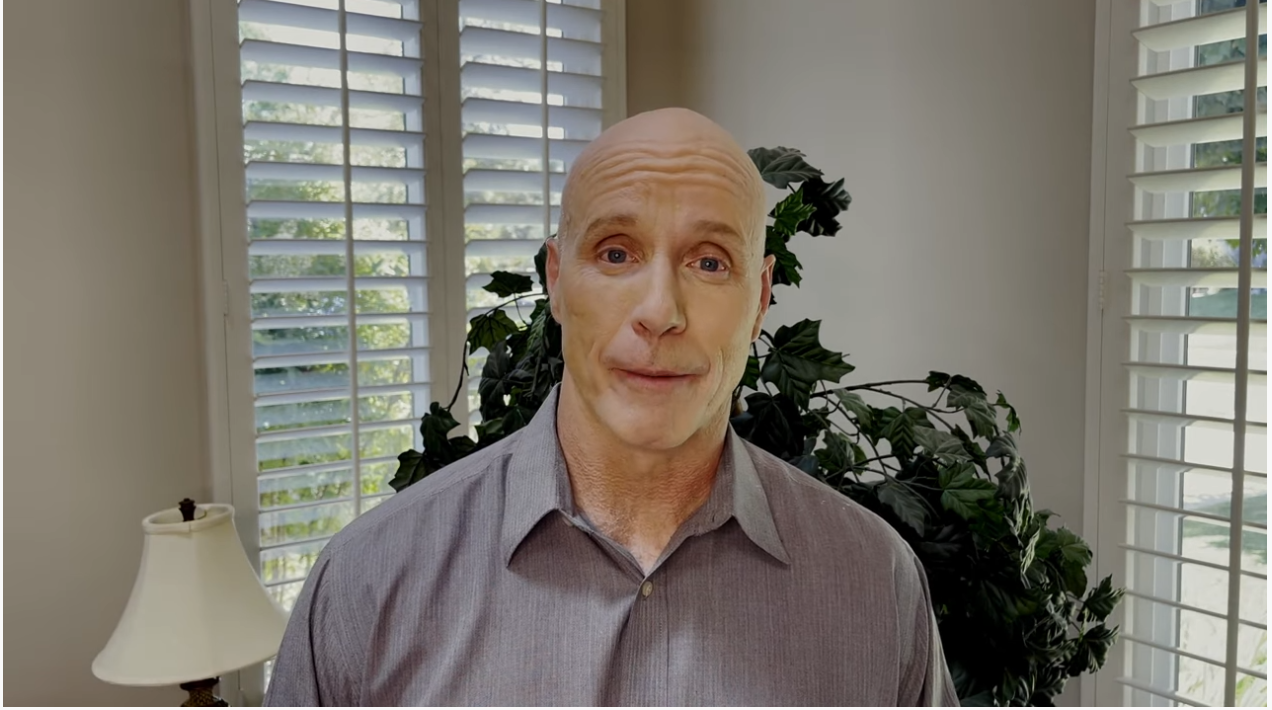Working in comedy does not guarantee fame, fortune, or a decent future. For those who are willing to work hard and make sacrifices, the rewards may eventually come. One of the best resources a comedian could have is a comedy club that provides a nurturing environment. In 1976, The Comic Strip became that club to many of today’s top comedians. It became the home club to several comics trying to become better at their craft.
Jeffrey Gurian documented the importance of persistence in the business of comedy. His latest book Make ‘Em Laugh: 35 Years of the Comic Strip, the Greatest Comedy Club of All Time! serves as a field guide to fans of comedy, and comedians who want inspirational stories from some of today’s most well known comedians. Chris Rock’s introduction sets the tone, allowing readers to laugh and learn simultaneously about his involvement with the club’s history.
Welcome to the Comic Strip!
Jeffrey explains how Richie Tienken took a chance to open a club in New York City. Overcoming various obstacles (including being ripped off during the development phase), the club finally opened on June 1, 1976. Comedians competing for a chance to perform are some of the most famous names in comedy. Jerry Seinfeld. Paul Reiser. George Wallace. Gilbert Gottfried. Comedy fans will recognize most of the comics featured including new school acts like Judah Friedlander, Jeffrey Ross, Tony Rock – the list goes on and on!
Lucien Hold: The Ultimate Gatekeeper!
Not every comic’s story in this book has a happy ending. There were quite a few who auditioned for a regular spot on the Comic Strip’s rotation list, but never made it. For those who succeeded, they expressed how important it became to gain Lucien’s approval. If they were passed (a.k.a. approved) by him, they were allowed to provide their avails and booked in future shows. He is described by many as being tough, fair, and brutally honest. Lucien became responsible for booking shows after Richie Teinken became Eddie Murphy’s manager. Comics fought hard to win Lucien’s respect, and if they received it…it was because they earned it.
The Comedians and their stories
When introducing each comedian, Jeffrey provides a list of their achievements. Several comics were featured on cable networks including HBO and Comedy Central, produced plays, or moved to other television and radio projects. Each interview takes comedians back to ground zero level of their career at the Comic Strip. In the beginning, there were times when some comics could not get on stage until two, three, or four in the morning. As Larry Miller mentioned, “We spent seven days a week at that club, and there was no other way we wanted to live. What a way to learn about comedy.”
With the different career paths available in comedy, it was refreshing to read the stories from comedians whom I never heard of…and yet they are also famous (albeit not household names). By keeping in touch with their more famous counterparts, they were able to continue working in comedy as writers, business managers, or take advantage of other opportunities.
Motivation for the up-and-coming comedian
For the comedians looking for inspiration when dealing with some of the tough aspects in show business, reading how some comedians overcame those obstacles may be beneficial. Examples include:
Ray Romano – Explained how he bombed on stage and gave up performing standup comedy for two years.
Jim Breuer – Left his wife in the car while he performed, so they wouldn’t have to pay for parking.
Tony Rock – Took acting lessons as a means to meet new people and invited them to bringer shows.
Jim Gaffigan – He found a comedy mentor during the early stages of his comedy career.
From all of the quotes I read, Pete Dominick’s comment is a brilliant summary about working in comedy:
“If there’s anything else you’ve got that you enjoy, and that you’re good at, you should probably do that, because it’s an awful business and a shitty lifestyle. A lot of people in the business don’t find that out till later on.”
The book concludes with additional plans on The Comic Strip will take their business model to the next level. Jeffrey launched the Comedy Matters, website featuring more than 100 celebrity interviews. Additional episodes are being planned using The Comic Strip to provide interviews and support to the next generation of comedians. Discussions are being held to create a documentary based on the book. And if you’re in the NYC area, you can catch Jeffrey as your emcee on Sunday and Monday nights at The Comic Strip.



